If China invades Taiwan
After decades of threats, is China preparing to attack and annex the island nation?
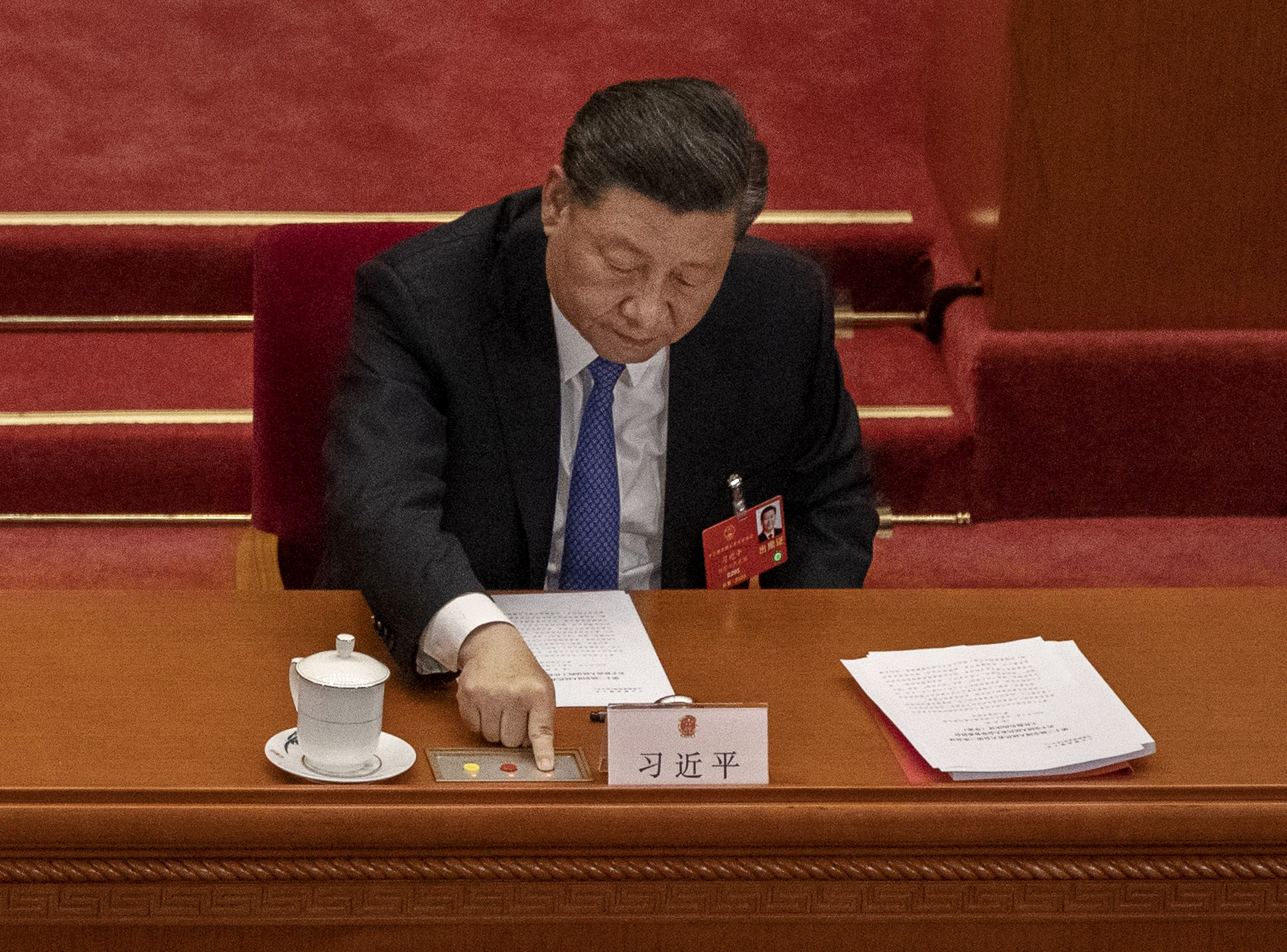
A free daily email with the biggest news stories of the day – and the best features from TheWeek.com
You are now subscribed
Your newsletter sign-up was successful
After decades of threats, is China preparing to attack and annex the island nation? Here's everything you need to know:
Why would China invade?
China has long claimed sovereignty over Taiwan and aimed for reunification with the island nation of 24 million people, located just 110 miles across the Taiwan Strait. The two have been separate entities since the Chinese civil war in 1949, when Mao Zedong's Red Army defeated the forces of Chinese nationalist Chiang Kai-shek, who fled to Taiwan and set up an authoritarian government there. After Chiang's death in 1975, the island transitioned into a prosperous democracy; it is now led by President Tsai Ing-wen of the pro-independence Democratic Progressive Party, and the vast majority of the nation's citizens do not want to come under Beijing's repressive rule. But Chinese President Xi Jinping sees Taiwan as he did Hong Kong — a natural part of China stolen by pro-Western forces. To complete China's "great rejuvenation" and become the world's leading power, Xi believes, China must reclaim territory it lost in the 19th and 20th centuries. Experts believe Xi sees a window of opportunity to invade that might close if Taiwan succeeds in arming itself with major help from the U.S. "At some point, China will decide, 'We have to do this,'" a Biden administration official told The New Yorker. "And they'll just look for a casus belli."
What are the warning signs?
As Xi strengthens his one-man grip on power, his rhetoric about "national unification" has taken on a more strident tone. China has recently ratcheted up military activity with increased patrols in the Taiwan Strait and intrusions into Taiwanese airspace. In the wake of House Speaker Nancy Pelosi's (D-Calif.) visit to Taiwan last summer, China test-fired 11 ballistic missiles into waters surrounding the island and conducted a large-scale naval exercise to simulate a blockade and invasion. U.S. Admiral Philip Davidson, then head of Indo-Pacific Command, said last year China might invade Taiwan before 2027; Adm. Mike Gilday, the U.S. Navy's chief of naval operations, argued that it could happen before 2024. In October, Secretary of State Antony Blinken warned that China no longer finds the current situation "acceptable" and is "determined to pursue reunification on a much faster timeline." A month later, President Biden met with Xi in Indonesia and stressed the U.S.'s opposition to China's threatening actions against Taiwan. Xi warned Biden "the Taiwan question is at the very core of China's core interests."
The Week
Escape your echo chamber. Get the facts behind the news, plus analysis from multiple perspectives.

Sign up for The Week's Free Newsletters
From our morning news briefing to a weekly Good News Newsletter, get the best of The Week delivered directly to your inbox.
From our morning news briefing to a weekly Good News Newsletter, get the best of The Week delivered directly to your inbox.
What would an attack look like?
An invasion would likely start with Chinese cyber and missile attacks on military infrastructure. After that, China's navy — which now rivals the U.S.'s in strength — would send an armada across the strait to mount a huge amphibious assault. The island's geography would pose myriad problems for China's People's Liberation Army (PLA): Most of Taiwan's shoreline is unsuitable for ships to dock and unload personnel and equipment, and a 245-mile-long mountain range from the nation's northern tip to southern end would serve as a natural obstacle to invading troops. A less costly option would be for China to attempt a naval blockade, cutting the island off from food and energy imports. "In two weeks, Taiwan would start to go dark," Richard Chen, Taiwan's former deputy defense minister, told The New Yorker. "No electricity, no phones, no internet. And people would start to go hungry." But a war would also likely lead the U.S. and other Western nations to cut off trade with China, which imports more food than any other country to feed its 1.4 billion people.
Is Taiwan prepared to defend itself?
No. Taiwan has about 200,000 active-duty soldiers, airmen, and sailors, compared with the PLA's estimated 2 million. If necessary, Taiwan could call up its 400,000 reservists, but it lacks the weapons and infrastructure required to turn them into an effective fighting force. Taiwan is taking some steps to harden its defenses, though: The government approved $8 billion in emergency defense spending this year. It also purchased $14 billion of military hardware from the U.S., but it hasn't been delivered yet because the war in Ukraine has left the U.S. with empty warehouses. For now, some civilians are taking matters into their own hands and learning basic civil defense. Robert Tsao, a Taiwanese billionaire, has dedicated over $30 million to a territorial defense program. "I don't care if the government isn't ready," he said. "We have to act."
Would the U.S. get involved?
Almost certainly. Biden has strongly implied that the U.S. would help defend the island against an attack. When U.S. military officers stage war games to act out the various scenarios of a Chinese invasion of Taiwan, they usually end badly for the U.S. In extreme scenarios, the U.S. attacks mainland China and China then attacks Hawaii and Alaska. In virtually all scenarios, a U.S.-China war over Taiwan would be devastating for both sides and the world. "A war would fundamentally change the character and complexion of global power," said Matthew Pottinger, an Asia specialist at the Hoover Institution. "If Taiwan falls, we are in a different world, where the tide of authoritarianism becomes a flood."
Global economic repercussions
Taiwan manufactures about 70 percent of the global supply of advanced semiconductors — the chips that power smartphones, cars, and computers. Over the past two decades, the U.S. has spent about $300 billion on Taiwanese chips. Even China relies on them and lacks the expertise and infrastructure to produce its own. In the case of an occupation, China would need to force Taiwanese workers to operate the semiconductor factories, but without Western imports of raw materials and equipment, production would quickly cease. "A world without Taiwan is a world back to the Stone Age," a semiconductor executive said. Combined with disruptions to shipping lanes in the Western Pacific, used by about one-third of the world's sea traffic, this could spur a global economic crisis. A RAND Corporation study predicted that a yearlong war would cut the U.S.'s gross domestic product by 5 to 10 percent — but it would slash China's by 25 to 35 percent.
A free daily email with the biggest news stories of the day – and the best features from TheWeek.com
This article was first published in the latest issue of The Week magazine. If you want to read more like it, you can try six risk-free issues of the magazine here.
-
 Local elections 2026: where are they and who is expected to win?
Local elections 2026: where are they and who is expected to win?The Explainer Labour is braced for heavy losses and U-turn on postponing some council elections hasn’t helped the party’s prospects
-
 6 of the world’s most accessible destinations
6 of the world’s most accessible destinationsThe Week Recommends Experience all of Berlin, Singapore and Sydney
-
 How the FCC’s ‘equal time’ rule works
How the FCC’s ‘equal time’ rule worksIn the Spotlight The law is at the heart of the Colbert-CBS conflict
-
 Despairing husband creates 'Taylor Swift jar'
Despairing husband creates 'Taylor Swift jar'Tall Tales And other stories from the stranger side of life
-
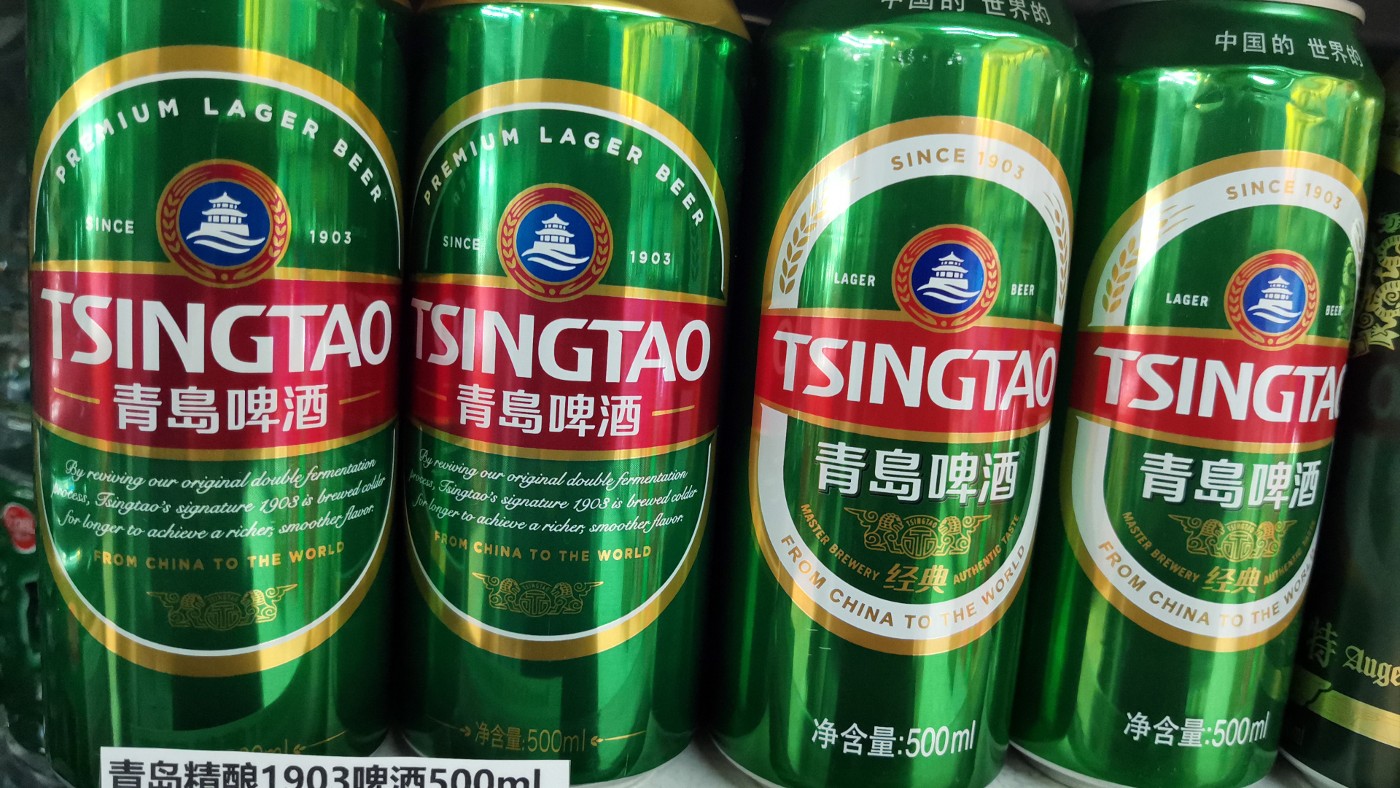 Urine video dents Chinese beer brand
Urine video dents Chinese beer brandTall Tales And other stories from the stranger side of life
-
 Is the 'vibecession' over?
Is the 'vibecession' over?Speed Read The IMF reported that the global economy is looking increasingly resilient. Is it time to start celebrating?
-
 The U.S. veterinarian shortage crisis
The U.S. veterinarian shortage crisisSpeed Read With an anticipated shortage of 15,000 vets by 2030, it will be harder to get care for pets
-
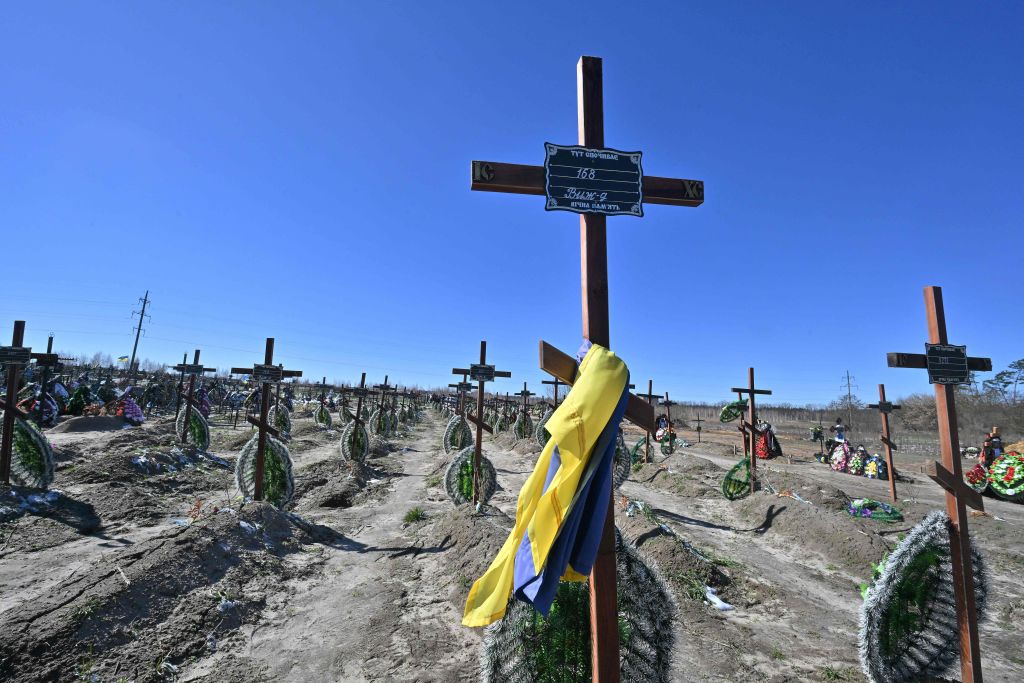 Inside Russia's war crimes
Inside Russia's war crimesSpeed Read Occupying forces in Ukraine are accused of horrific atrocities. Can they be held accountable?
-
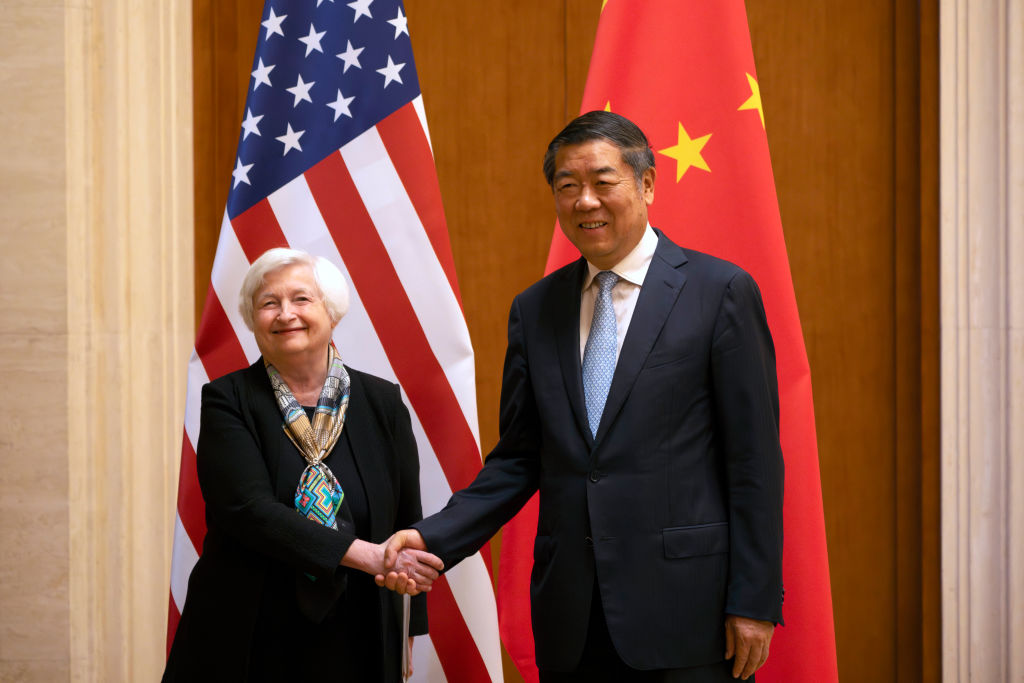 10 things you need to know today: July 8, 2023
10 things you need to know today: July 8, 2023Daily Briefing White House defends controversial delivery of cluster bombs to Ukraine, Yellen urges economic harmony between China and US, and more
-
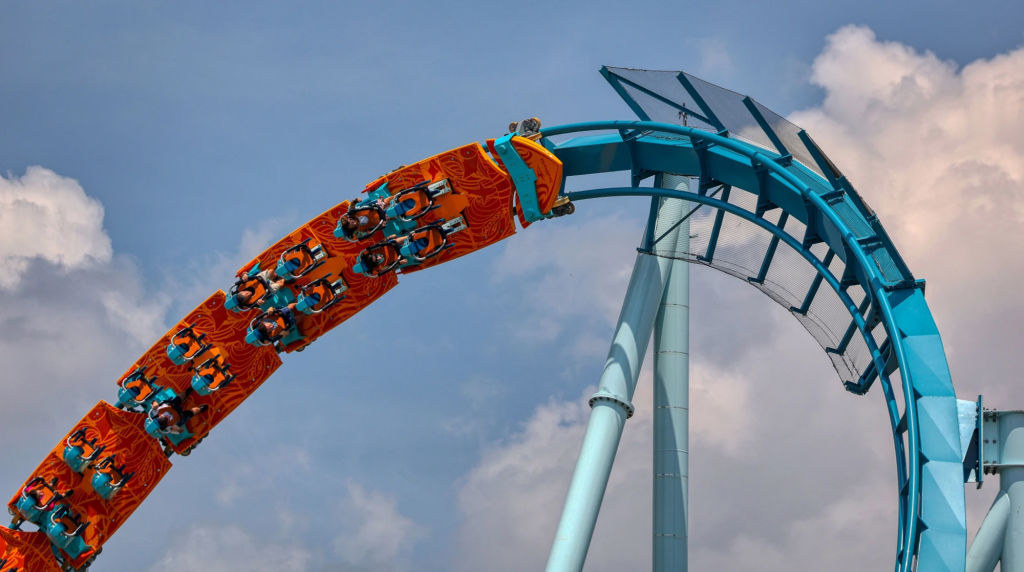 Is it safe to ride a roller coaster?
Is it safe to ride a roller coaster?The Explainer A pair of startling events have shined a light on amusement park safety
-
 World leaders who have been charged or imprisoned
World leaders who have been charged or imprisonedThe Explainer Heads of state being put behind bars is not a rare occurrence